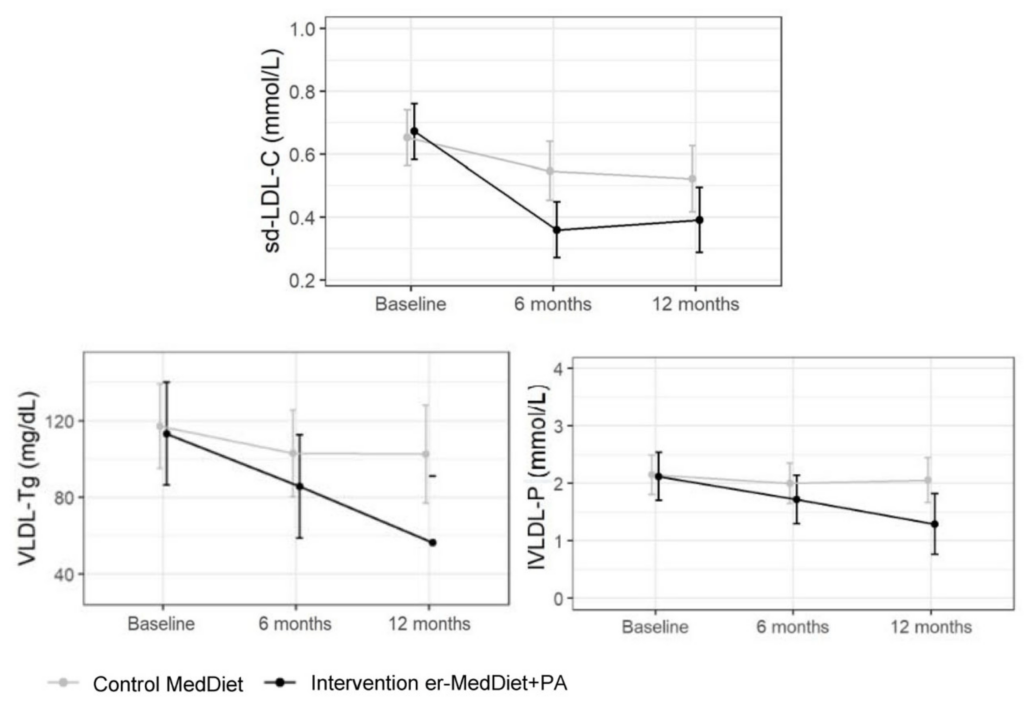A recent study published in the International Journal of Molecular Sciences, provides significant evidence on the benefits of the Mediterranean diet combined with physical activity for patients with metabolic syndrome. Led by a team of experts including Beatriz Candás-Estébanez, Bárbara Fernández-Cidón, Emili Corbella, Cristian Tebé, Marta Fanlo-Maresma, Virginia Esteve-Luque, Jordi Salas-Salvadó, Montserrat Fitó, Antoni Riera-Mestre, Emilio Ros, and Xavier Pintó.
The researchers hail from prestigious centers such as the Center for Biomedical Research in Obesity and Nutrition Physiopathology Network (CIBEROBN) at Carlos III Health Institute in Madrid, the Nutrition Unit of the Department of Biochemistry and Biotechnology at Rovira i Virgili University in Reus, the Pere Virgili Health Research Institute (IISPV) at San Joan de Reus University Hospital, the Hospital del Mar Medical Research Institute (IMIM) in Barcelona, the Department of Medicine at the School of Medicine, Bellvitge Campus, Barcelona University, and the Lipid Clinic of the Department of Endocrinology and Nutrition at the Institut d’Investigacions Biomèdiques August Pi Sunyer (IDIBAPS), Hospital Clínic in Barcelona.

Impact of the Mediterranean diet on patients with metabolic syndrome
This study is notable for its use of nuclear magnetic resonance (NMR) to assess the impact of the Mediterranean diet and physical activity on the lipoprotein profile of patients with metabolic syndrome. The findings showed significant improvements in key cardiovascular health indicators, such as reduced triglycerides and LDL cholesterol, and an increase in HDL cholesterol. Notably, there was a significant decrease in dense and small LDL cholesterol (sd-LDL-C), and an increase in large LDL and VLDL particles, suggesting a lower risk of cardiovascular diseases.
These findings underline the importance of personalized dietary and lifestyle approaches for managing metabolic and cardiovascular conditions, providing a solid foundation for dietary and physical activity recommendations in patients with metabolic syndrome.
Read the full paper here.


